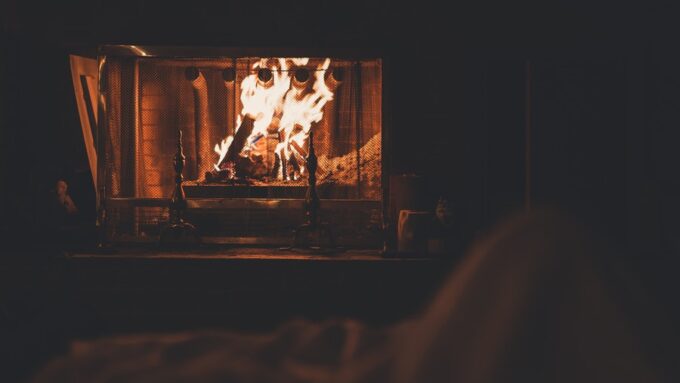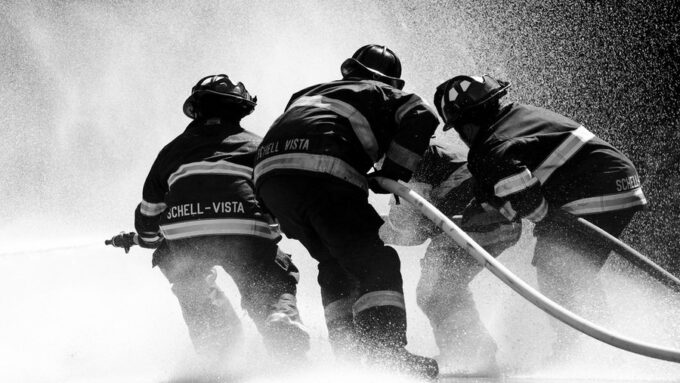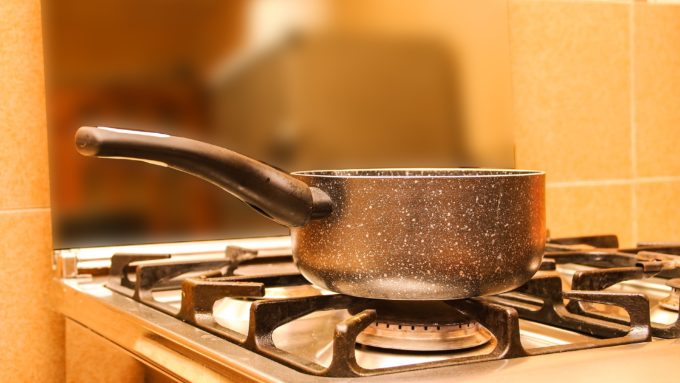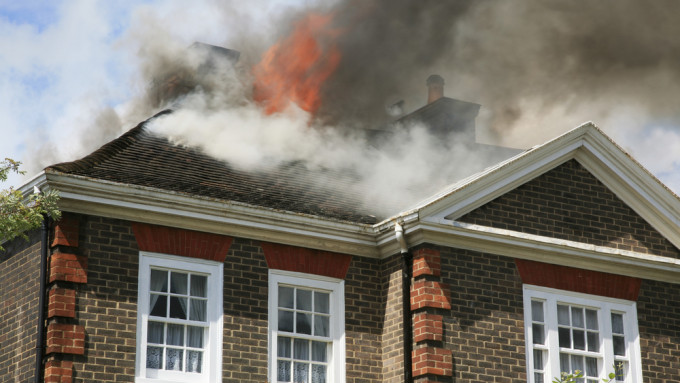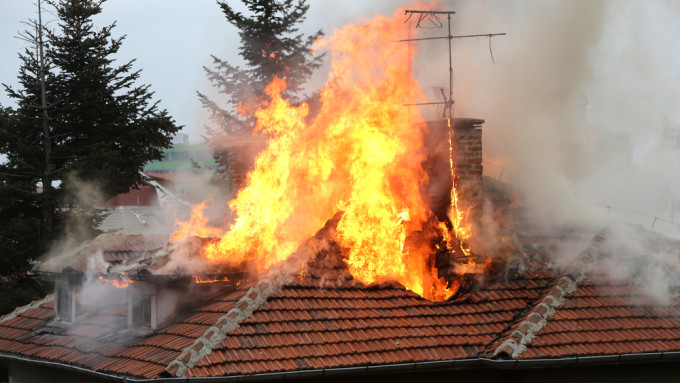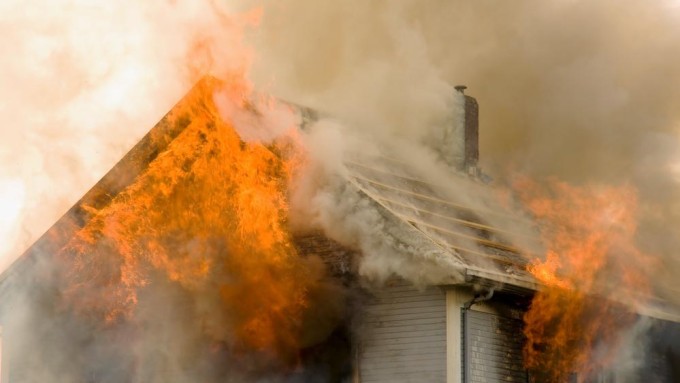Smoke damage can occur for many reasons. Whether it’s due to an intense fire or a type of fuel residue, it can be very destructive, especially on walls. This post will explore more about what it is and how you can safely get rid of it.
How Does Smoke Damage Walls?
Smoke can cling to the wall causing it to turn black and gray. This isn’t only an aesthetic issue but a structural one. If not removed, the soot can get absorbed into the paneling. This can cause it to coat elements beneath the wall, like metal posts, and rust them. Over time, they’ll be weakened by it and could end up being a major hazard.
Signs of Smoke Damage
This issue can cause both visible and unnoticeable problems. Some to watch out for include:
- Wall discoloration
- Rust patches
- Pieces of the wall crumbling
- Poor indoor air quality
Where is Smoke Damage Usually Found?
Smoke will spread everywhere but it’s mainly located near windows and on ceilings. The cool temperature near windows usually attracts smoke causing it to linger around them. As for ceilings, smoke rises making them an easy target.
How to Remove It
While some damage will need to be scraped away by professionals, you can try to clean some up yourself.
One of the easiest solutions is to mix about six tablespoons of detergent with bleach. Take a clean brush, dip it into the liquid, and scrub it over the affected areas. You’ll then want to take a rag soaked in warm water and use it to wash off the bleach.
Remember, bleach can be strong. You’ll want to wear gloves, goggles, and a mask when using it. You’ll also need to ensure there are fans blowing to remove the strong smell.
After you clean these areas up, use a smoke vacuum to collect any debris. This will prevent it from getting spread around the area.
Once you’ve fully cleaned and sanitized the wall, place an air purifier near it. This can assist with eliminating any lingering particles so the room has good air quality.
Smoke damage can be a nuisance for many reasons. Not only is it unsightly, but it can result in serious health and structural problems. If your home in Sonoma or Marin County has smoke damage contact RCS. We’ll send out a few of our experts to help clean up the space so it’s safe to be in again.

